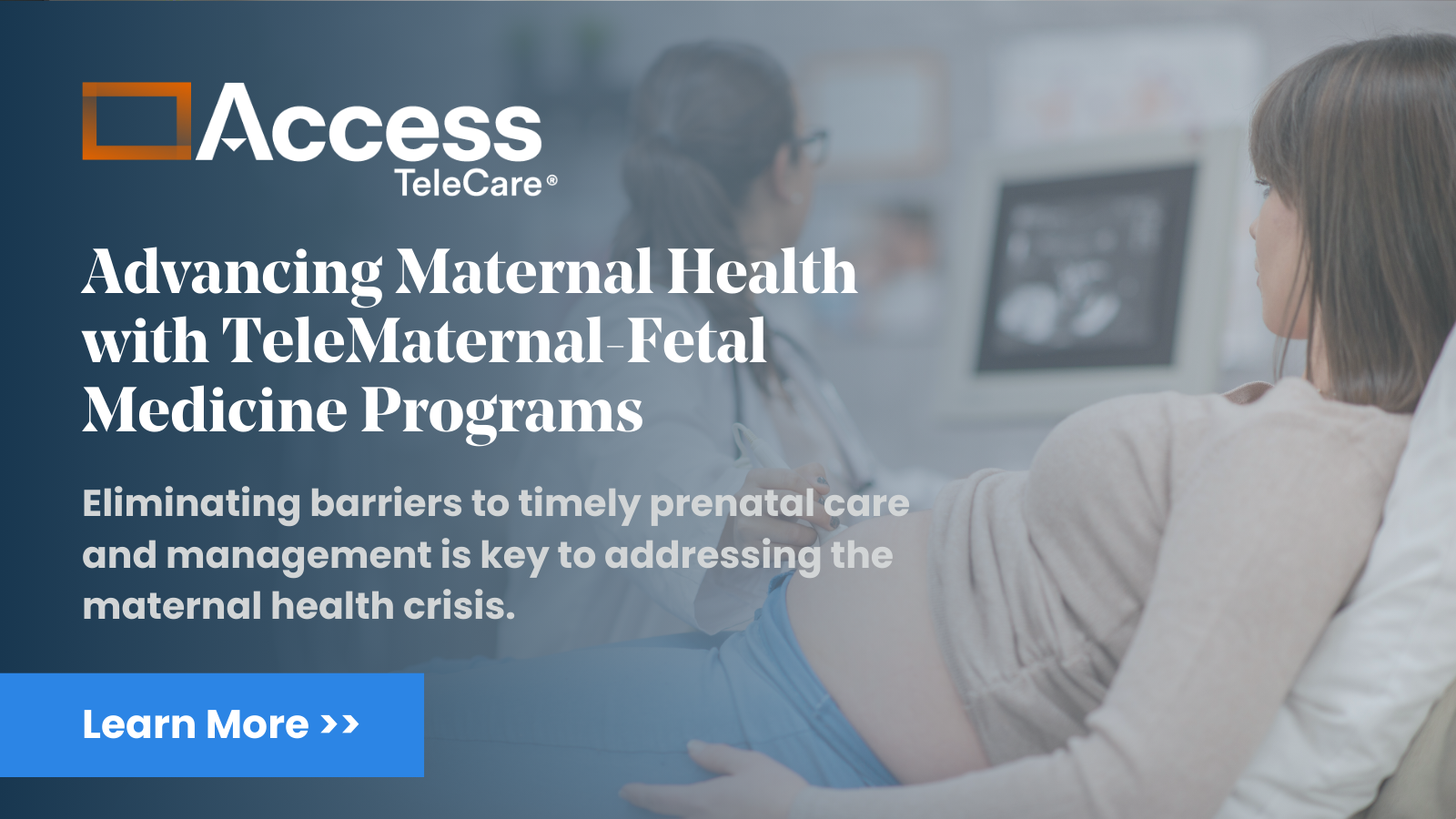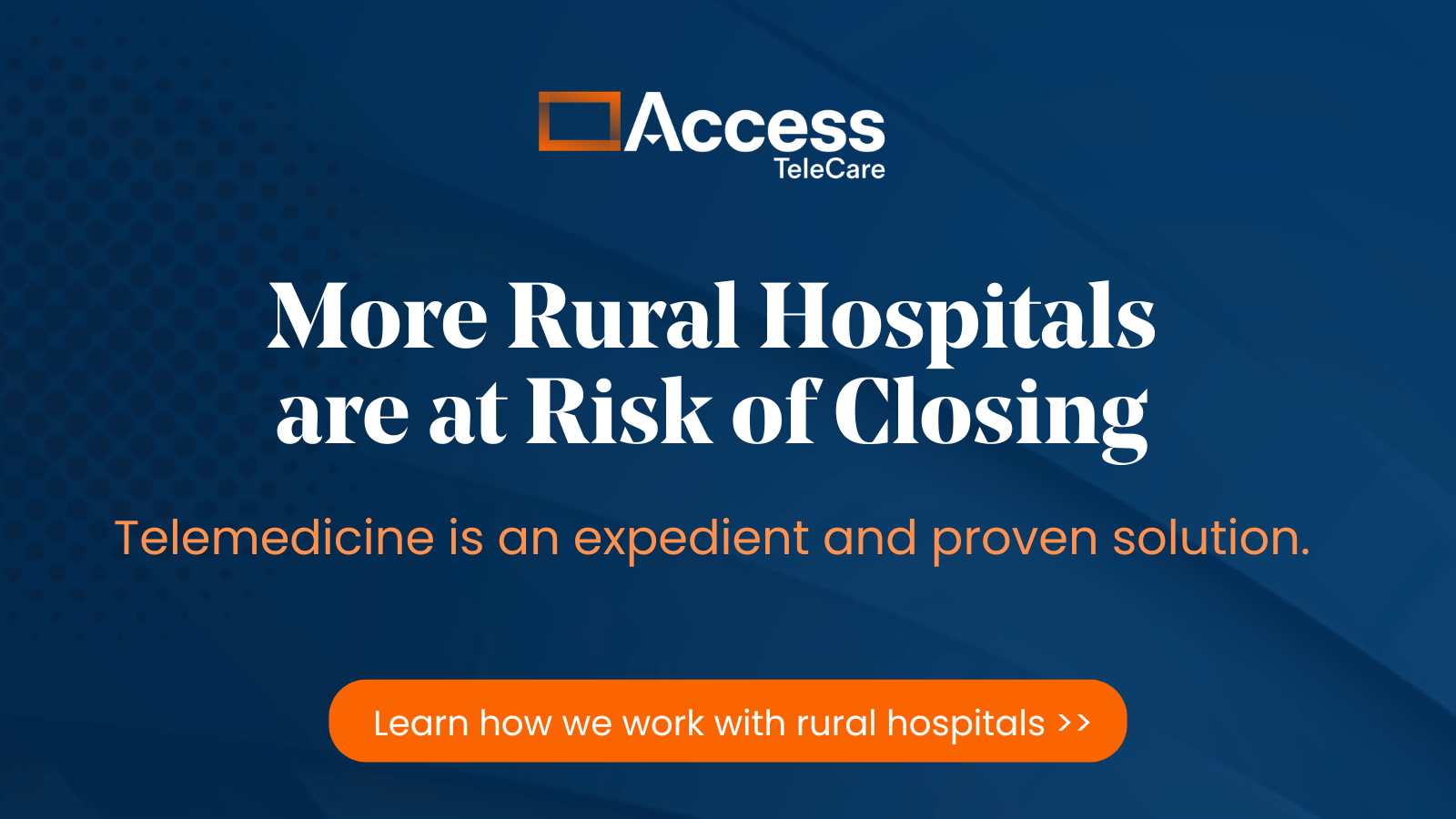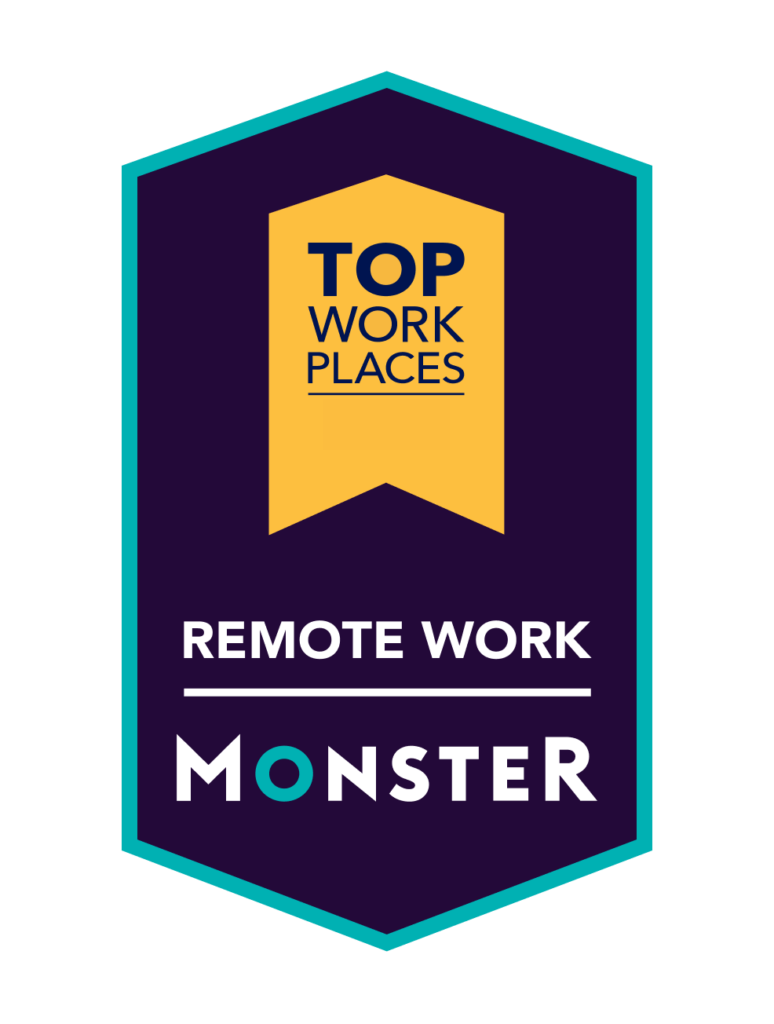A recent study from the American Journal of Public Health highlights the significant disparities in maternal mortality rates between rural and urban communities, with rural areas experiencing nearly twice as many maternal deaths compared to urban areas.
Through telemedicine, Access TeleCare delivers excellent teleMaternal-fetal medicine programs for rural patients, many of whom live in counties with little or no specialty maternal-fetal medicine presence.
Delivering Excellent Ultrasound Interpretation Through Telemedicine
Access TeleCare’s chief of maternal-fetal medicine, Dr. Blake Porter, points to the lack of access to effective screening programs as a major issue facing rural pregnancy care providers.
“Effective maternal and fetal screening is one of the primary failure points in obstetrical care,” Porter said. “Correctly identifying which patients can receive care locally and which patients need to be transferred is crucial for rural providers.”
Access TeleCare’s teleMaternal-fetal medicine programs bring up-to-date and modern ultrasound screening processes to hospitals and clinics in rural areas and work with on-site teams to ensure effective screening methodologies and criteria are in place.
Accurate ultrasound screenings ensure that abnormalities are detected early and patients receive the right care they need sooner.
“Our comprehensive programs include an ultrasound screening process that screens every patient and uses up-to-date methods and criteria,” Porter said. “Our program’s effectiveness is inherently tied to a complete and thorough screening process for all patients.”
How TeleMaternal-Fetal Medicine Improves Rural Maternal Outcomes
Access TeleCare improves pregnancy outcomes for patients in rural areas in two ways.
Comprehensive teleMFM programs enhance the level of care that rural hospitals and clinics can provide and identify which patients can receive care locally. This reduces unnecessary transfers while elevating the local care team’s capabilities in delivering pregnancy care.
Additionally, Access TeleCare’s teleMFM specialists identify patients who need a higher level of care, reducing delays in care and quickly moving patients to the appropriate facility.
“One of the main drivers of maternal morbidity and mortality is patients who don’t get the care they need because of a missed or incomplete diagnosis and a lack of access to an MFM specialist,” Porter said. “This is a solvable problem that our comprehensive teleMFM programs are designed to address.”
Whether patients receive care in their local community, or they are correctly identified as needing a transfer to a higher level of care, Access TeleCare’s teleMaternal-fetal telemedicine program improves outcomes for rural communities that may lack the resources to fully meet their community’s pregnancy care needs on their own.
Learn more about our teleMaternal-fetal medicine program.








